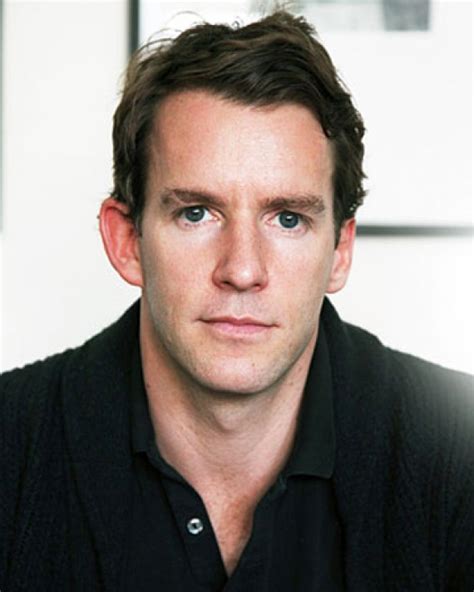Top 29 Quotes & Sayings by Bill Clegg
Explore popular quotes and sayings by an American author Bill Clegg.
Last updated on April 14, 2025.
Navigating a nonsober world of restaurants and bars, dinner parties, and benefits is like anything that requires practice. Like tennis or a foreign language, it gets easier the more you do it. But like all beginnings, it can be awkward. You stumble, you worry, and then there are unexpected moments of grace that give you the courage to keep going.
There are times when I'll send a manuscript to an editor, and I'll think it is the most likely project I've ever sent them. And they might call me the next morning and say they couldn't tolerate it. That happens so frequently that I've given up any expectation of knowing what anybody's going to like.
I've been interested in the idea of forgiveness and the necessity of it. I think of it as the most critical piece of any relationship, whether that be business, or romantic, or familial. We fail each other. We make mistakes. If we contract to go on after those mistakes, forgiveness is involved. Forgiveness is required.



















